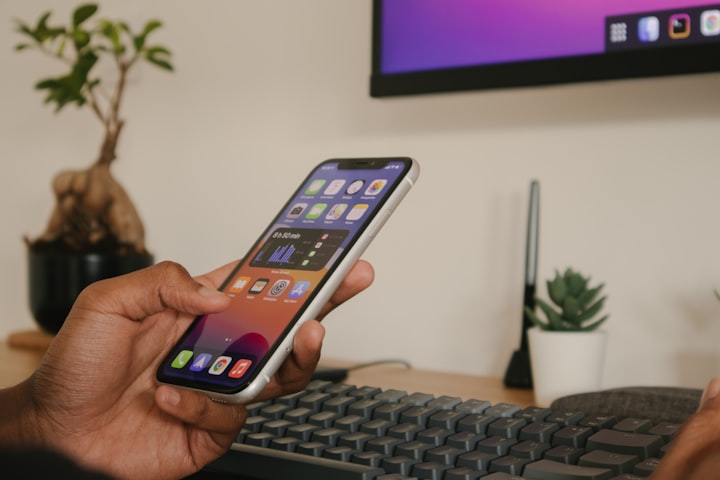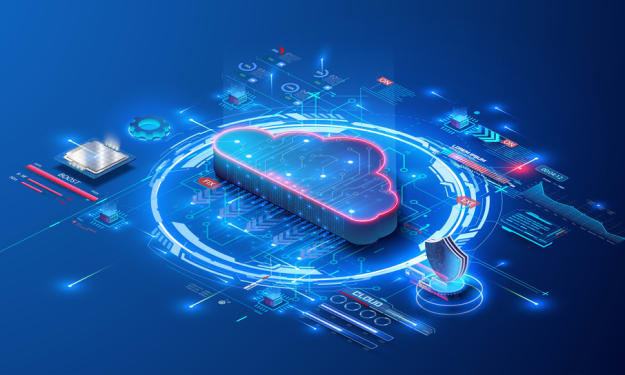Overcoming Distraction: Strategies for Increased Focus and Productivity
Understanding the Impact of Distraction and How to Manage Its Effects on Mental Health and Well-being

Distraction: Understanding Its Impact and How to Overcome It
In today's fast-paced world, we are constantly bombarded with distractions. From notifications on our smartphones to the never-ending stream of information on social media, distractions are everywhere, and they can have a significant impact on our productivity, focus, and overall well-being.
Distraction is defined as anything that diverts our attention away from the task at hand. It can be internal, such as our thoughts or emotions, or external, such as noise or visual stimulation. Regardless of the source, distractions can be detrimental to our ability to concentrate and complete tasks effectively.
The impact of distraction on productivity and performance
The effects of distraction on productivity and performance are well-documented. One study found that it takes an average of 23 minutes and 15 seconds to return to a task after being interrupted. Another study found that constant distractions can lower IQ scores by as much as 10 points. In addition to these negative impacts on productivity, distraction can also lead to increased stress levels, decreased job satisfaction, and even burnout.

Distraction can also have a significant impact on our ability to learn and retain information. Research has shown that students who multitask during class, such as checking their phones or browsing the internet, have lower grades and perform worse on exams than those who do not multitask. Similarly, distractions can interfere with our ability to absorb and remember information, leading to reduced learning outcomes.
The impact of distraction on mental health
In addition to its impact on productivity and performance, distraction can also take a toll on our mental health. Constant exposure to distractions can lead to increased feelings of anxiety and stress, as well as decreased well-being and happiness. This is because distractions can prevent us from fully engaging in the present moment and can lead to a sense of disconnection from ourselves and our surroundings.

Moreover, distraction can be particularly harmful to individuals with conditions such as ADHD or anxiety. These individuals may have a harder time filtering out distractions and may be more sensitive to their effects, leading to increased feelings of overwhelm and frustration.
How to overcome distraction
Despite the negative impacts of distraction, there are several strategies that can be used to overcome it and increase focus and productivity.

Set boundaries: Setting boundaries around technology and social media use can help reduce the number of distractions in our lives. This can include turning off notifications, setting aside designated times for checking email and social media, and limiting overall screen time.
Practice mindfulness: Mindfulness practices such as meditation or deep breathing can help increase focus and reduce the impact of distractions on our mental state. By bringing our attention back to the present moment, we can reduce feelings of stress and anxiety and improve our ability to concentrate.
Prioritize tasks: Prioritizing tasks and focusing on the most important ones first can help reduce the impact of distractions on our productivity. This can involve creating to-do lists, breaking tasks down into smaller, more manageable steps, and setting deadlines for completion.
Create a distraction-free environment: Creating a distraction-free environment can help increase focus and productivity. This can involve finding a quiet space to work, using noise-cancelling headphones, or eliminating visual distractions such as clutter or unnecessary objects.
Take breaks: Taking regular breaks can help reduce feelings of overwhelm and fatigue, and can increase our ability to focus when we return to our tasks. This can involve taking short breaks every 30-60 minutes, getting up and moving around, or engaging in activities that promote relaxation and stress reduction.

In conclusion, distraction is a pervasive issue in today's society that can have a significant impact on our productivity, focus, and overall well-being. However, by understanding its effects and implementing strategies to overcome it, we can reduce its impact and increase our ability to concentrate and achieve our goals. It is important to recognize that overcoming distraction is not a one-size-fits-all approach and that different strategies may work better for different individuals. However, by experimenting with different techniques and finding what works best for us, we can increase our ability to stay focused and productive in the face of constant distractions.
Moreover, it is also important to address the underlying causes of distraction. For example, if we find ourselves constantly checking our phones, we may need to examine why we feel the need to do so and whether there are deeper issues at play, such as anxiety or addiction. By addressing these underlying issues, we can reduce the frequency and impact of distractions on our lives.
About the Creator
Muhammad Telmeez
hey there! i'm a reader since my childhood and a writer. I read and write about health, wealth and life. I also write about human psychology and human nature.






Comments
There are no comments for this story
Be the first to respond and start the conversation.